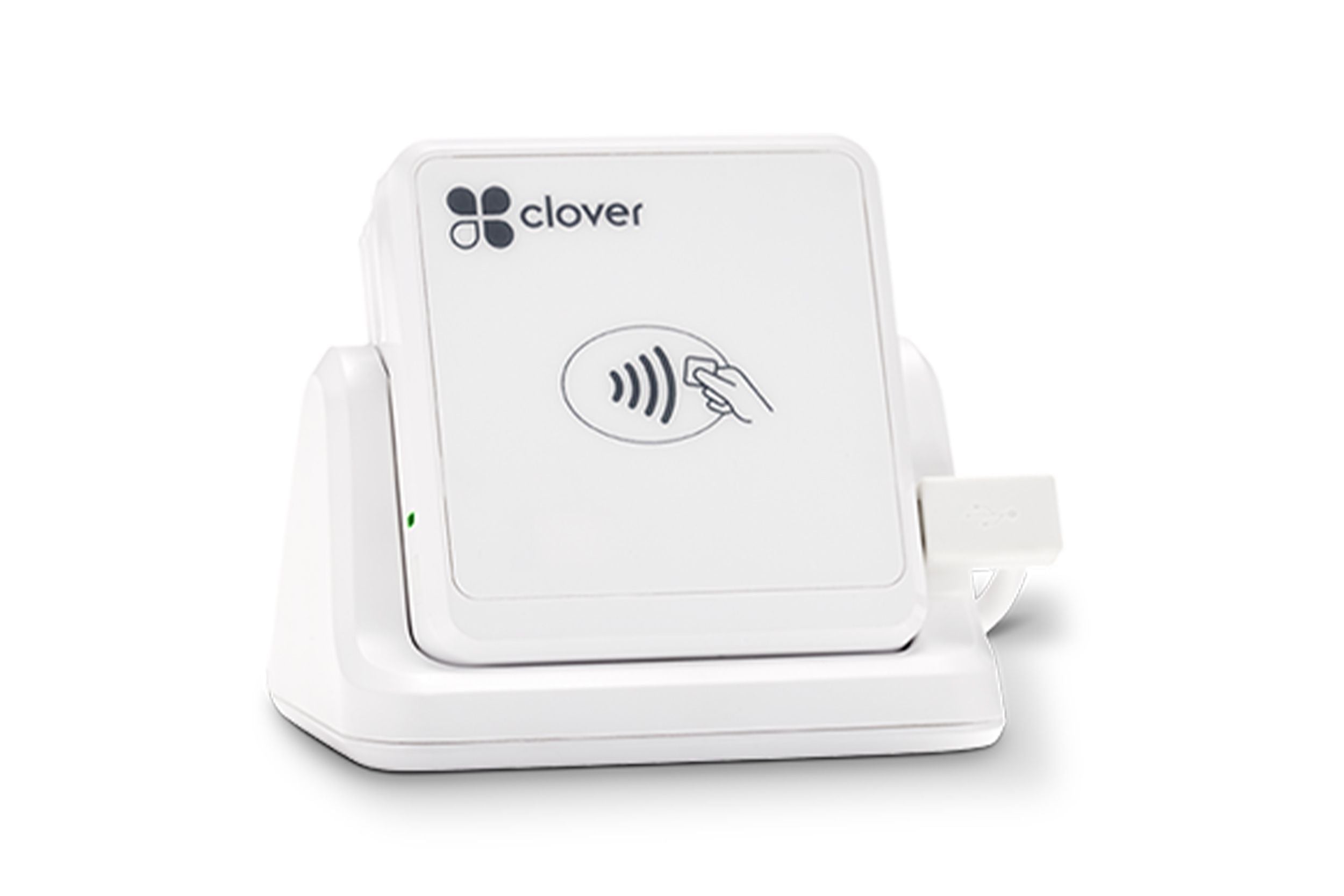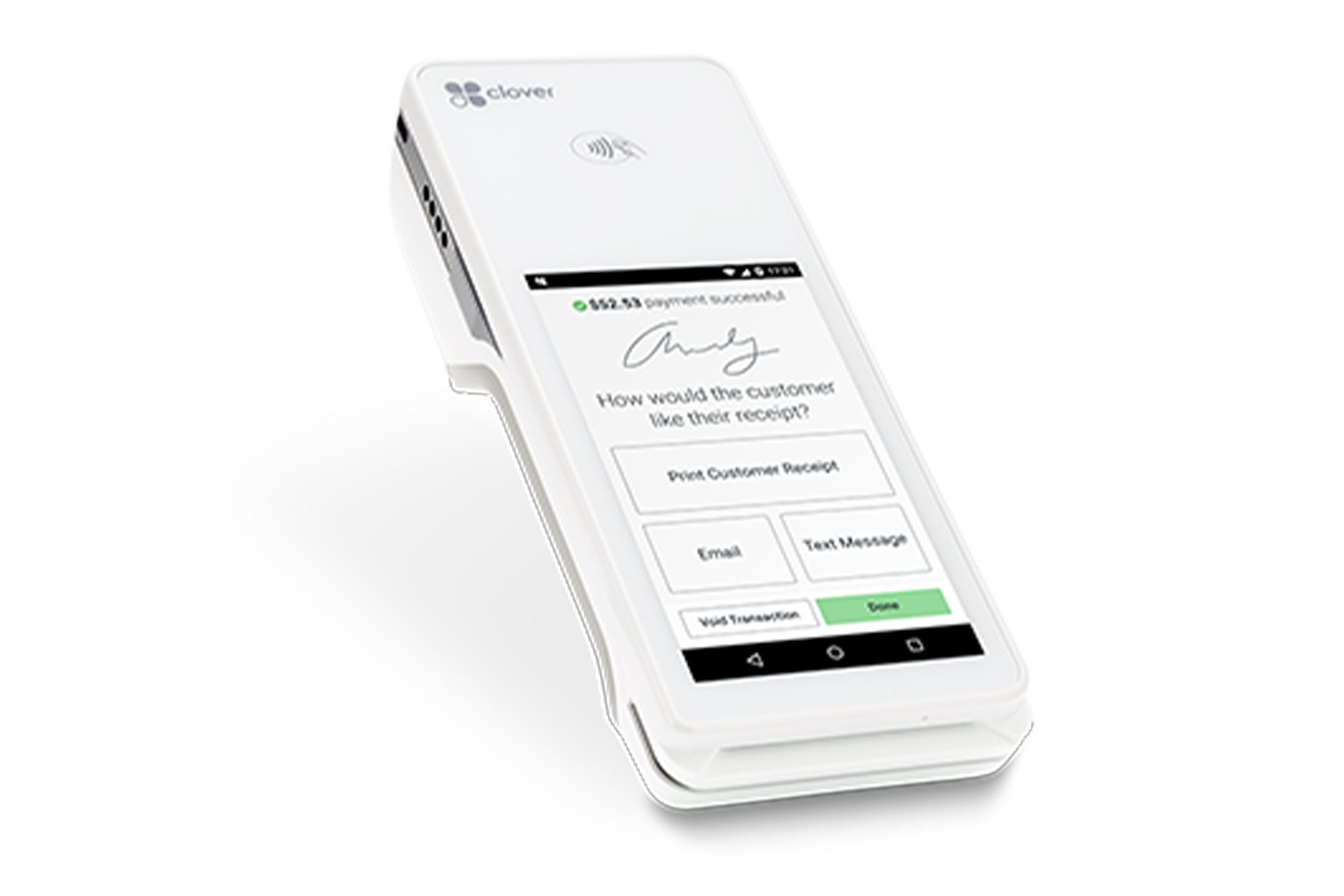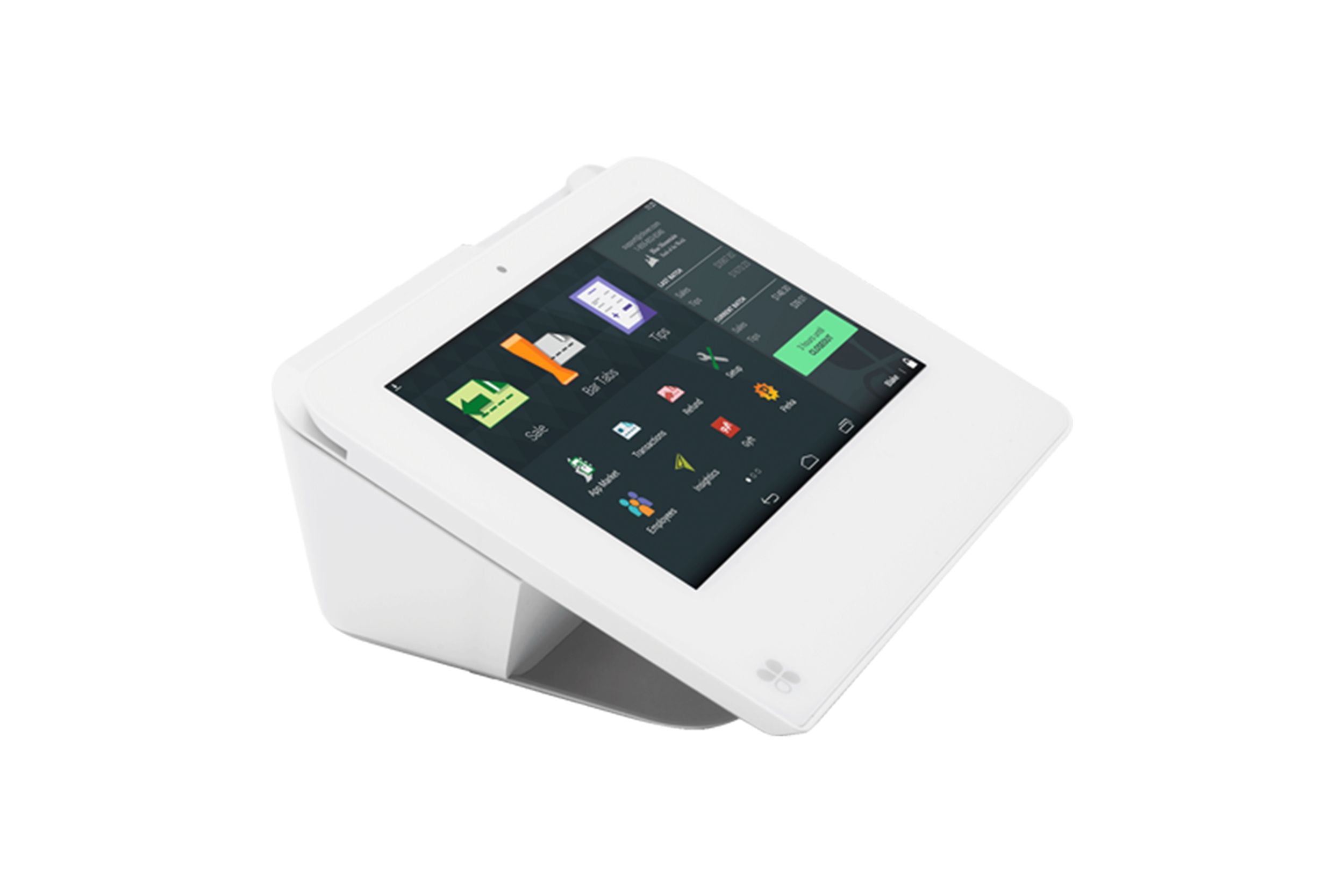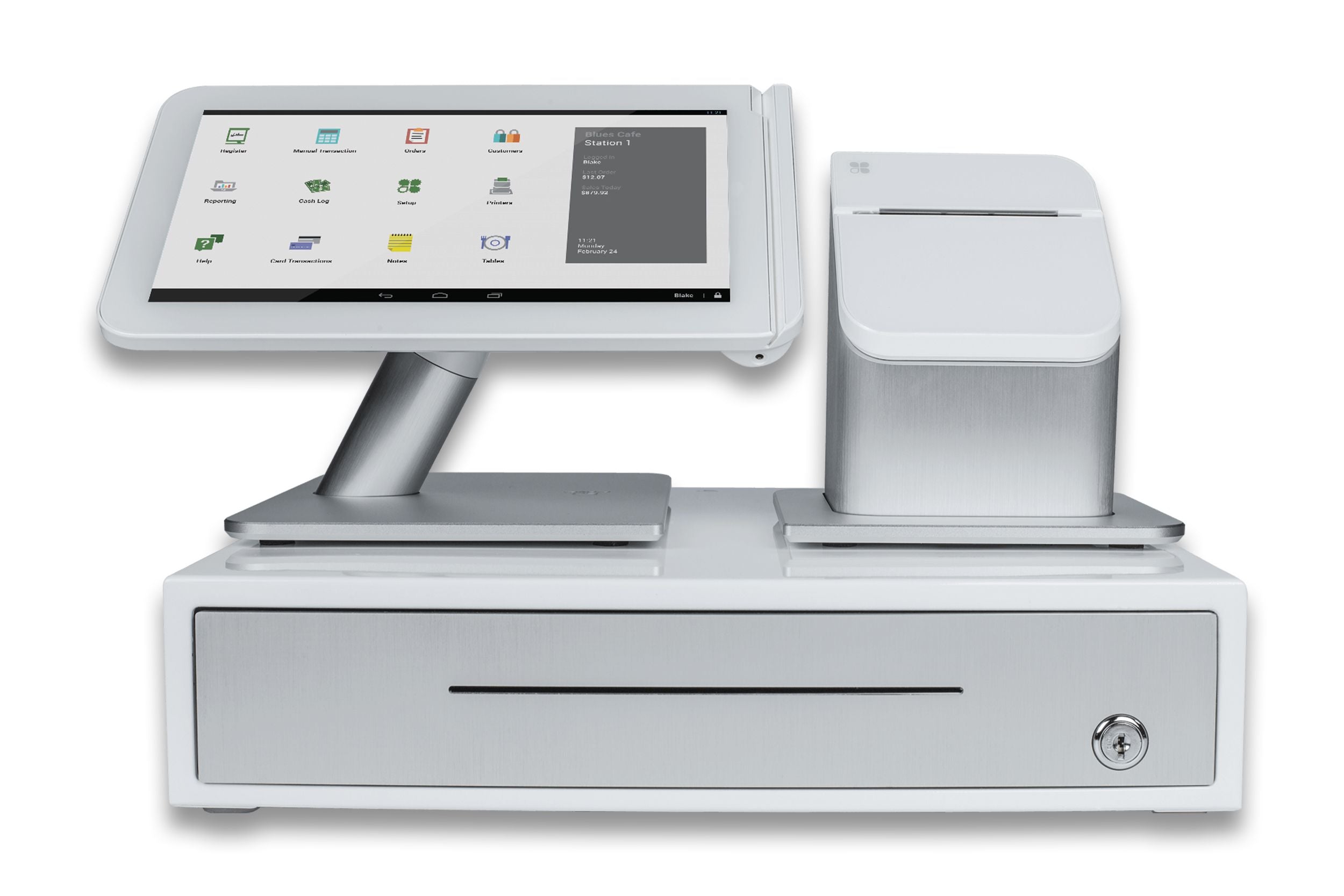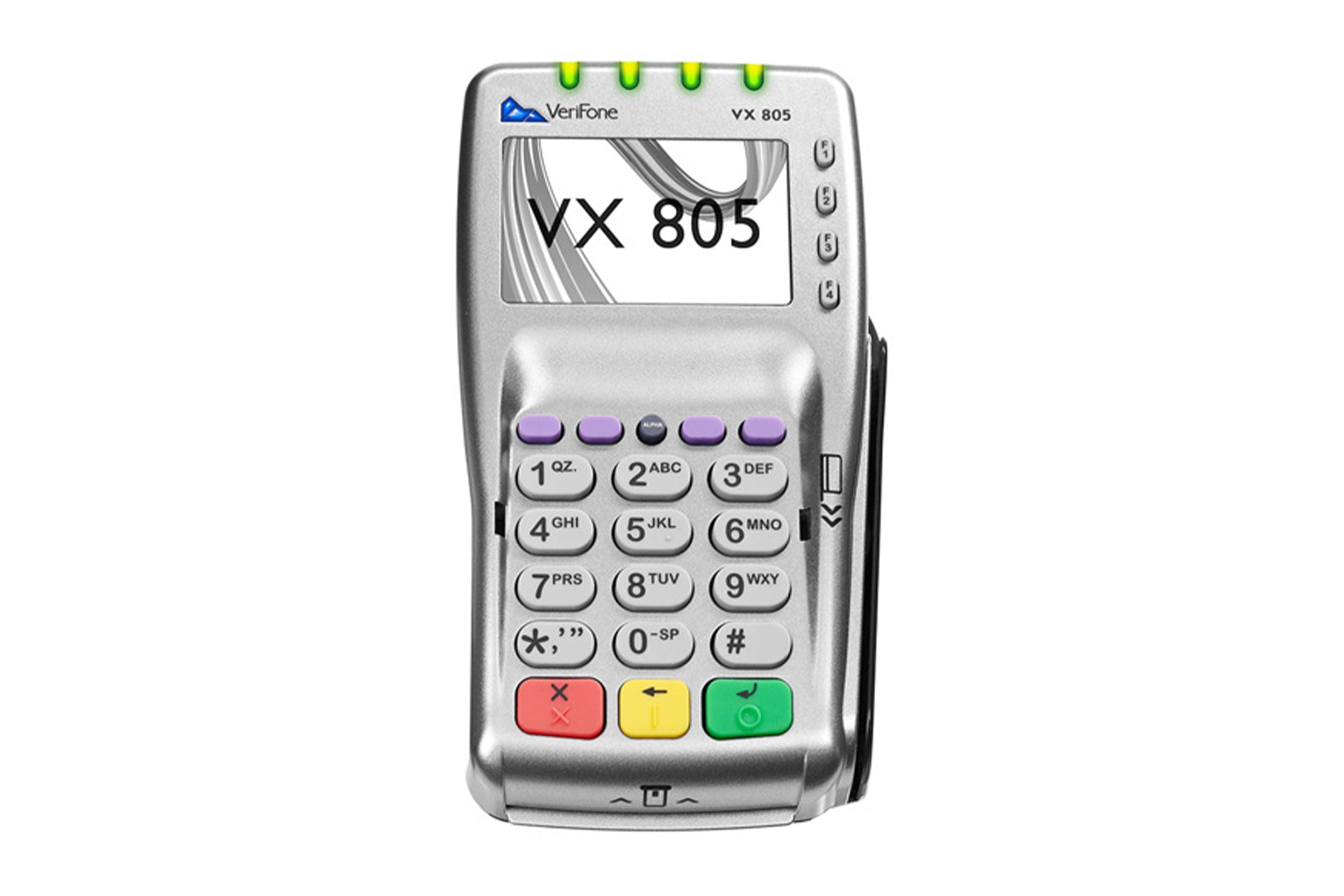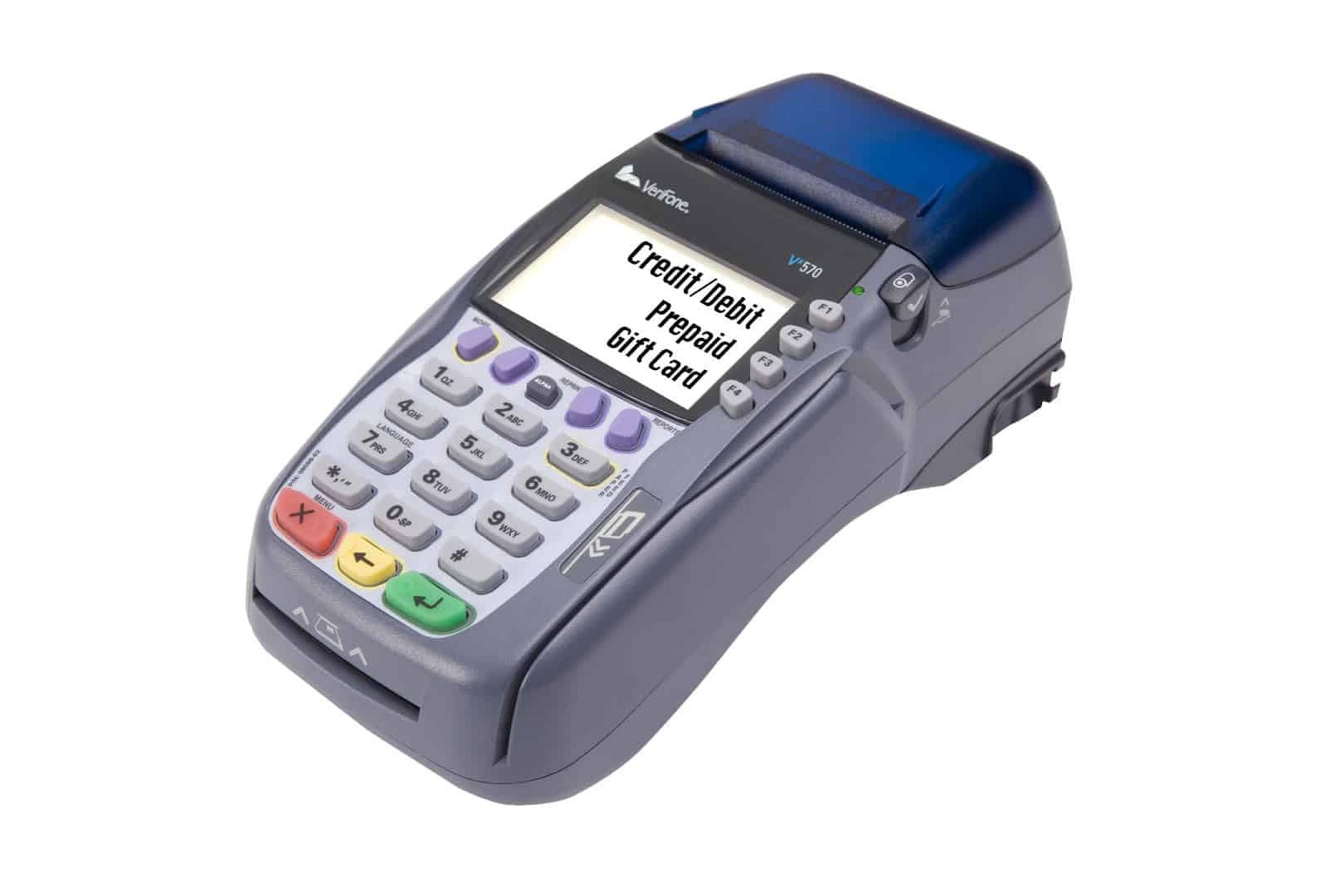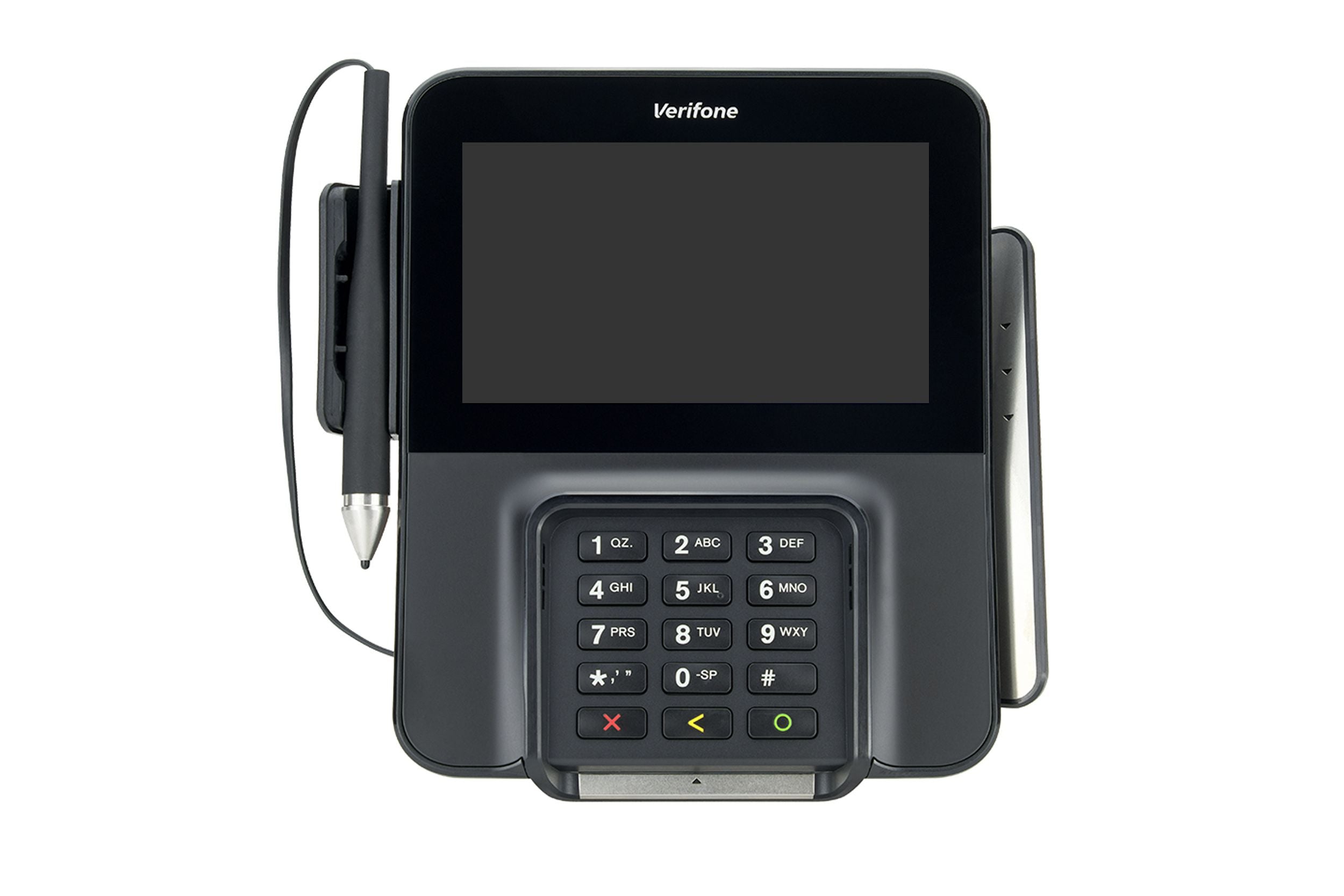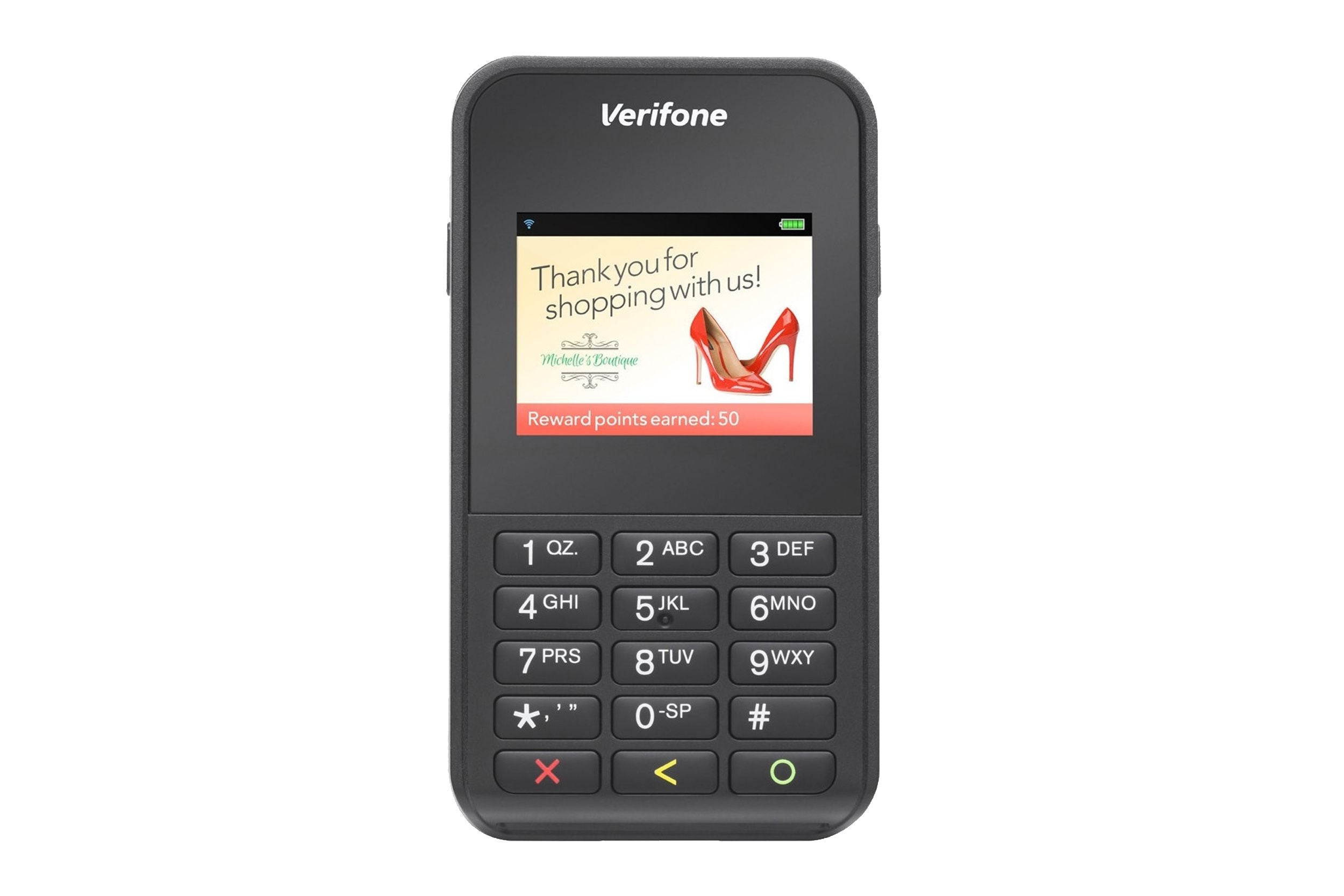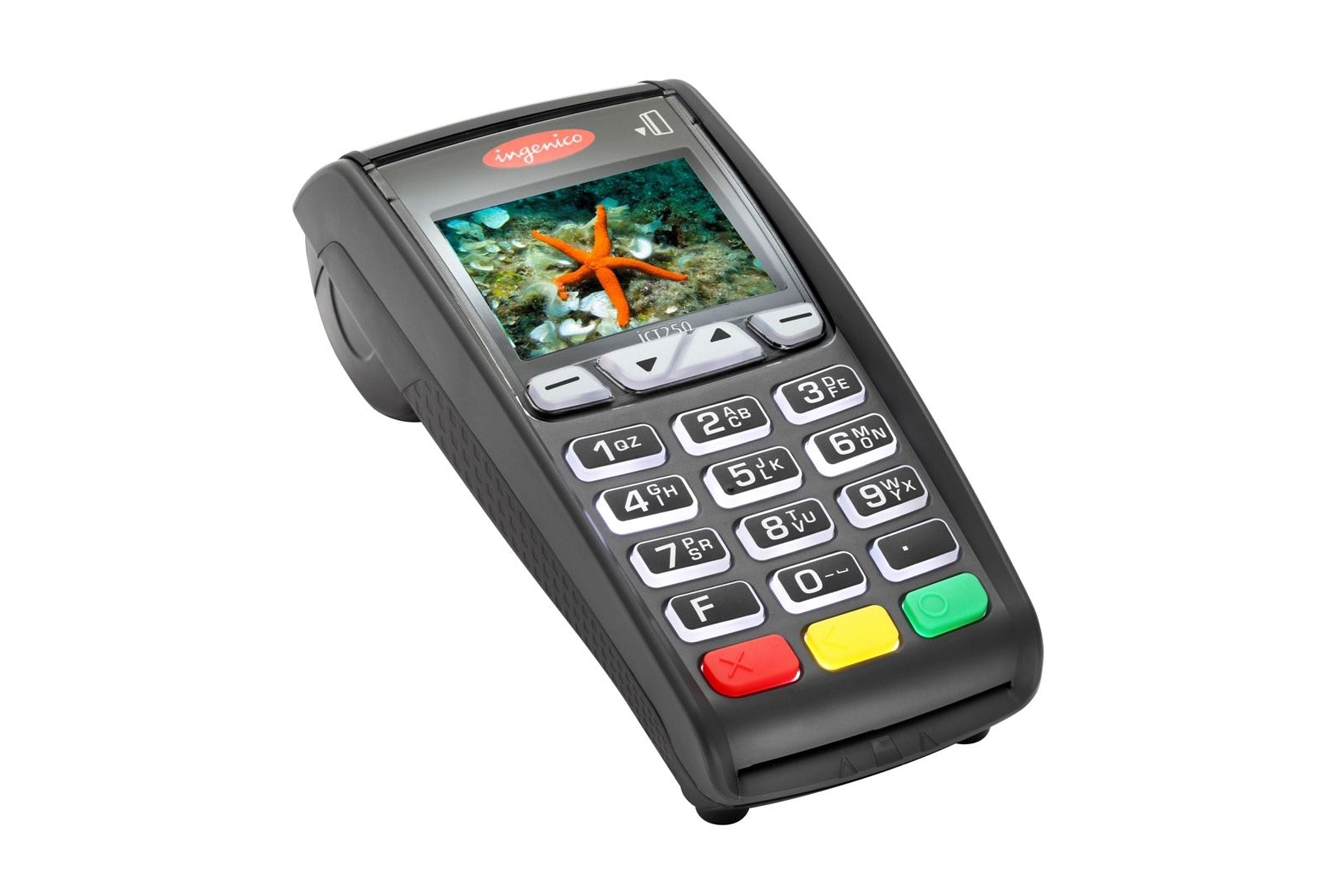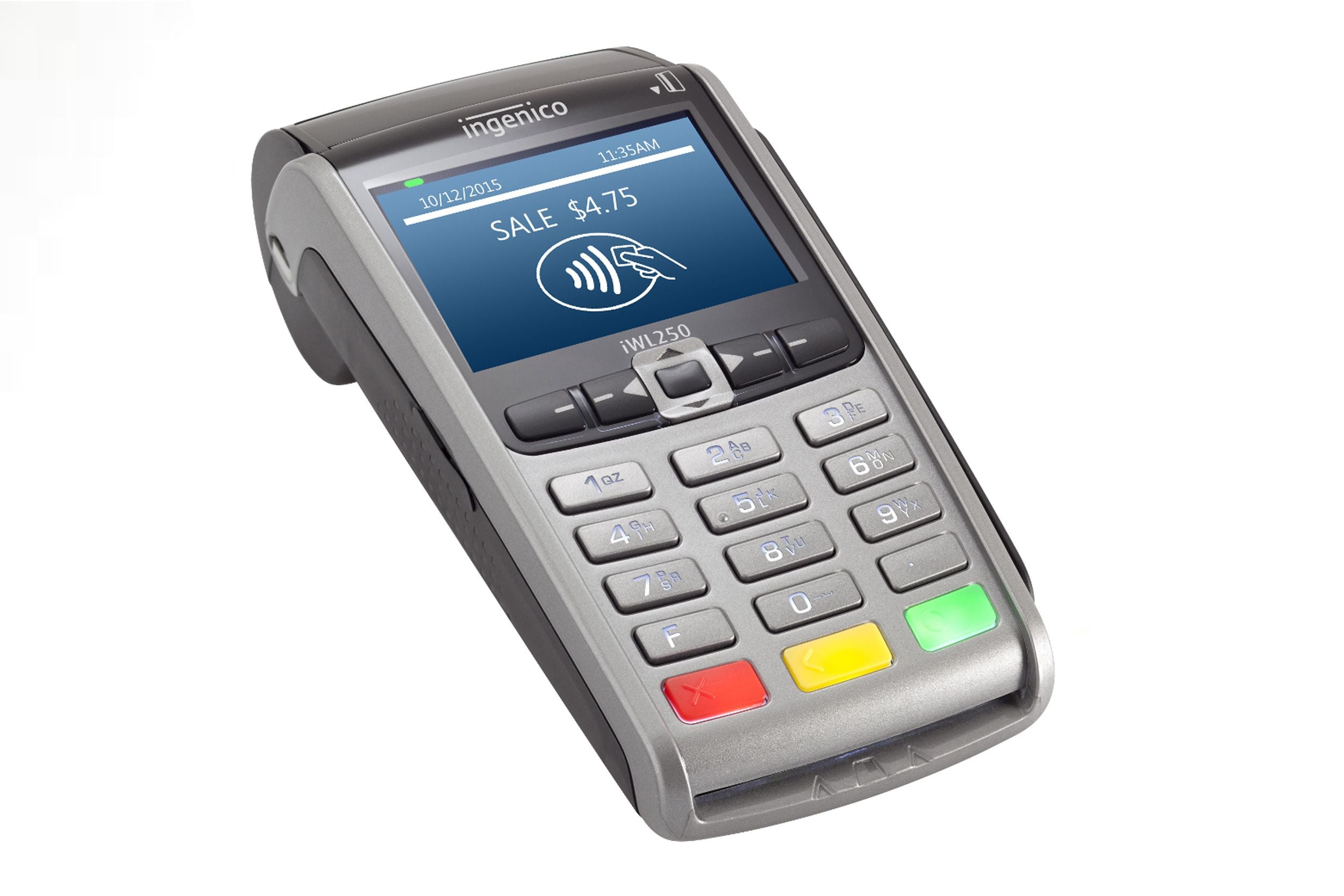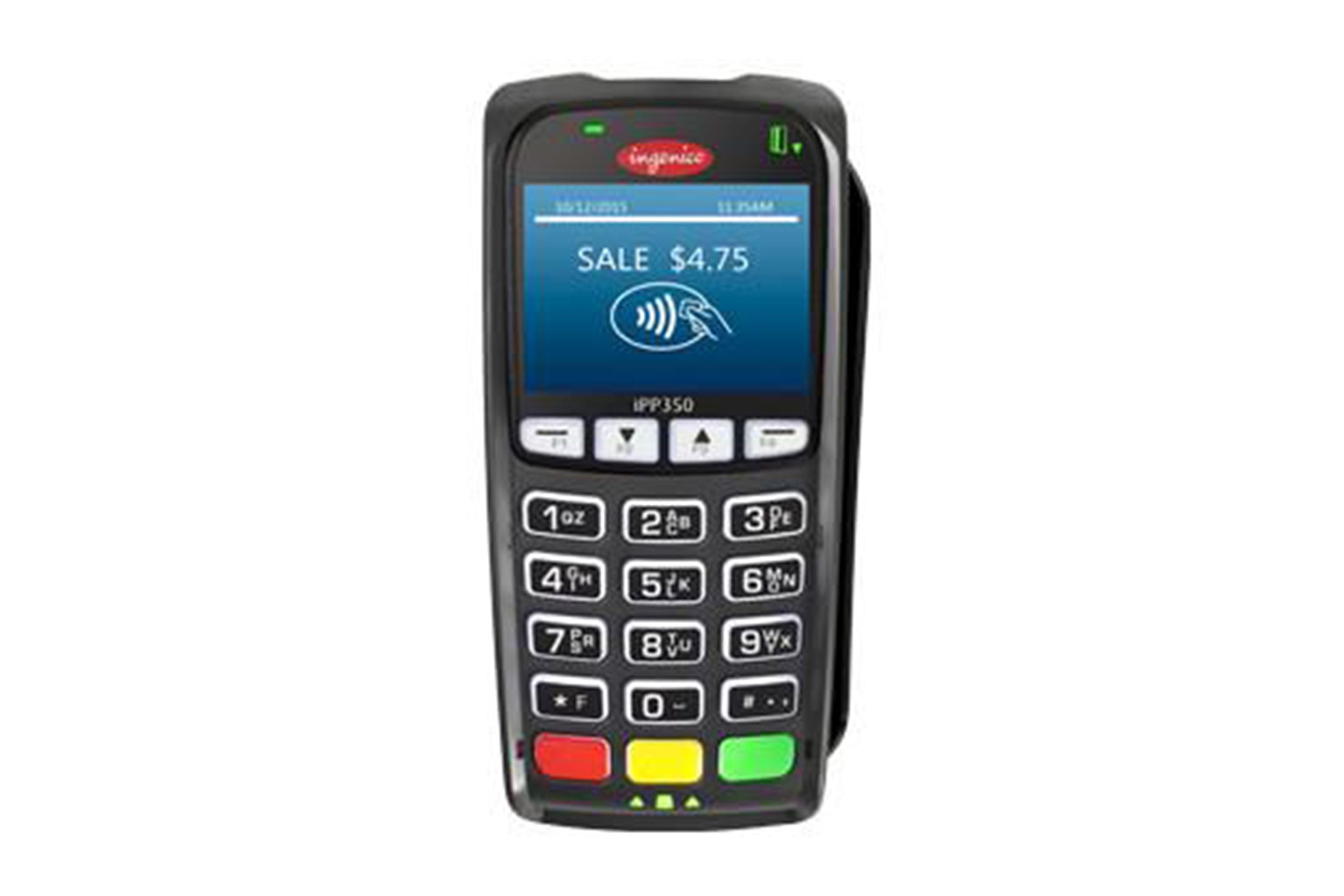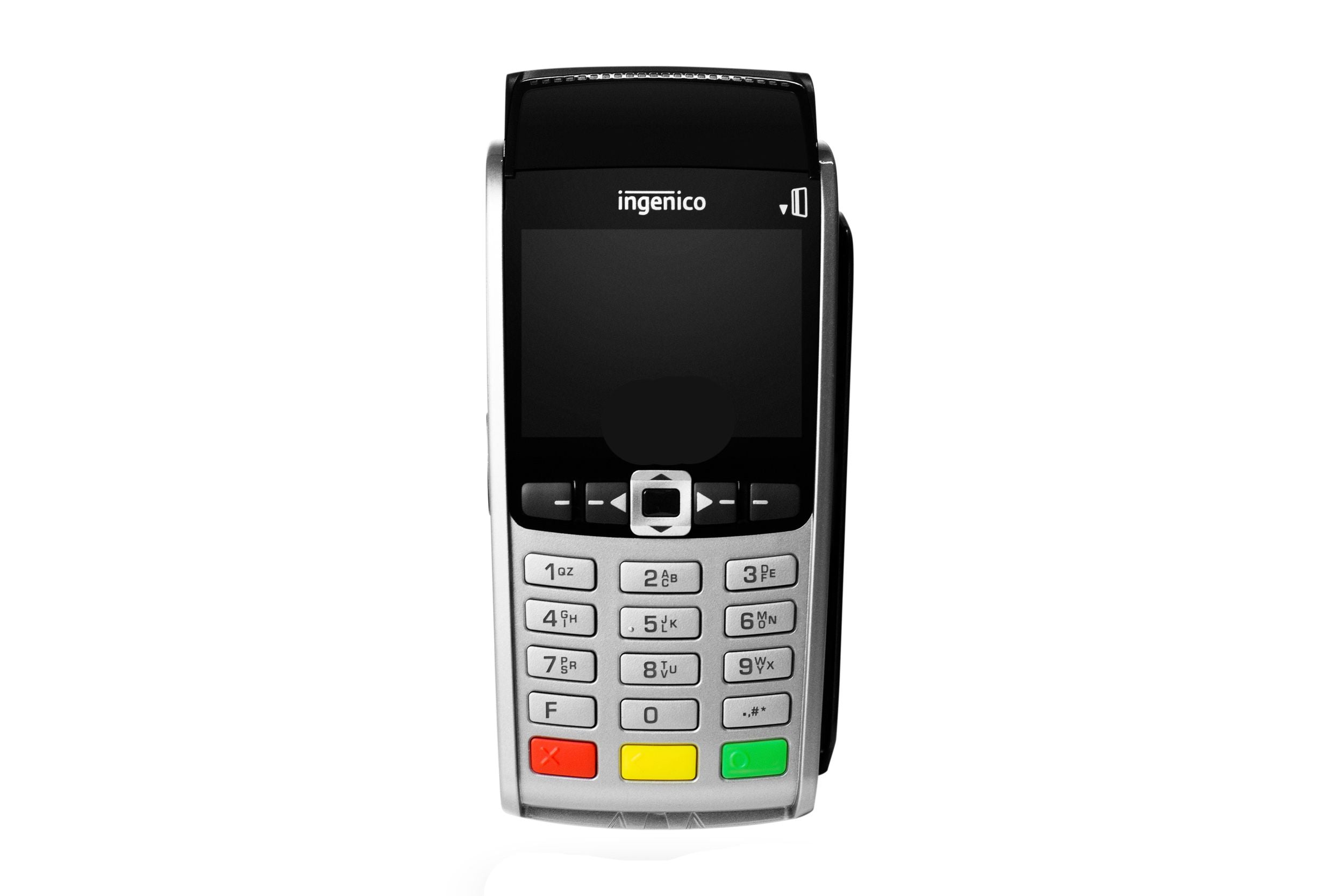Glossary
A
Payment Processing Glossary - Terms Starting with A
Here are detailed explanations for all the terms starting with "A" in your list:
- Acquirer: Also known as the acquiring bank or merchant bank, this is the financial institution that allows merchants to accept credit card payments. They provide merchants with a merchant account and handle the authorization, settlement, and risk management for card transactions.
- Acquiring Financial Institution: Another term for acquirer, emphasizing the institution's role in the financial aspect of processing card payments.
- Acquiring Processor: Similar to an acquirer, but it can be a separate company specializing in processing transactions instead of providing merchant accounts.
- Address Verification System (AVS): A security measure that compares the billing address provided by the cardholder during a transaction with the address on file with the card issuer. It helps prevent fraudulent transactions.
- Adjustment: A modification made to a transaction amount, typically due to refunds, chargebacks, or other corrections.
- American Express®: A major credit card brand and network.
- Application Programming Interface (API): A software interface that allows different applications to communicate and exchange data, often used for integrating payment processing solutions into merchant websites or apps.
- Association Rules: Rules defined by credit card associations (e.g., Visa, Mastercard) to govern card transactions and ensure security and compliance.
- Authorization: The process of verifying a cardholder's identity and confirming enough funds are available for a transaction. This happens before the funds are transferred.
- Authorization Approval Code: A unique code generated during authorization, indicating the transaction is approved.
- Authorization Code: Another term for authorization approval code.
- Authorization Request Only: A type of transaction where the authorization is checked, but the funds are not captured immediately.
- Authorization Response: The response from the issuer indicating whether the transaction is approved or declined.
- Automated Clearing House (ACH): A network for electronic funds transfers between banks, used for direct debit and credit transfers.
Additional Terms:
- Acquirer Reference Number (ARN): A unique identifier for a transaction used by the acquirer.
- Account Takeover: When someone gains unauthorized access to a cardholder's account.
- Application Fee: A fee charged by an acquirer for setting up a merchant account.
- Authentication: The process of verifying a user's identity, often used for additional security during online transactions.
- Aggregator: A third-party that collects and processes payments from multiple sources on behalf of a merchant.
I hope this helps! Let me know if you have any further questions or if you'd like me to define terms starting with a different letter.
B
Payment Processing Glossary - Terms Starting with B
Here are detailed explanations for all the terms starting with "B" in your list:
- Back-End Processor: The system that handles the financial aspects of a transaction after initial authorization, including clearing and settlement between the acquirer and issuer.
- Bank:A financial institution that holds deposit accounts, provides loans, and offers other financial services
- Bank Account:An account held with a bank for depositing, withdrawing, and managing funds.
- Bank Identification Number (BIN):The first six digits of a credit card number, identifying the issuing bank.
- Bankcard:A generic term for any card issued by a bank, including credit cards, debit cards, and ATM cards.
- Batch:A group of transactions processed together at a specific time.
- Batch Settlement: Settling transactions in batches at designated intervals instead of individually.
- Brand:In the context of payment processing, refers to a specific credit card network (e.g., Visa, Mastercard, American Express).
- Browser:A software application used to access websites and online resources.
- Business Day:A day when banks and financial institutions are open for regular business operations.
Additional Terms:
- Base Rate: The interest rate used to calculate interchange fees and other charges.
- Billing Cycle:The period for which credit card transactions are accumulated and a statement is generated.
- BIN Sponsor:The organization that assigns BINs to issuing banks.
- Biometric Authentication:Using fingerprints, facial recognition, or other biological data for user verification.
- Business Card:A credit card issued for business expenses.
C
Payment Processing Glossary - Terms Starting with C
Here are detailed explanations for all the terms starting with "C" in your list:
- Capture:The process of permanently withdrawing funds from a cardholder's account after authorization. This typically happens after the goods or services are delivered.
- Card Associations: Organizations that govern credit card networks, set rules and standards, and facilitate communication between issuers and acquirers (e.g., Visa, Mastercard, American Express).
- Card Identification Number (CID):Another term for Card Verification Value (CVV).
- Card Issuer:The financial institution that issues credit cards to cardholders. They are responsible for approving transactions and managing credit risk.
- Card Not Present (CNP):Transactions where the physical card is not present, such as online or phone orders. These transactions require additional security measures due to increased fraud risk.
- Card Processor:A company that specializes in processing payment transactions, often acting as a middleman between merchants and the card networks.
- Card Security Code (CSC):Another term for Card Verification Value (CVV).
- Card Validation Code (1) (CVC1):This code is sometimes printed on the front of the card and used for verification during certain CNP transactions.
- Card Validation Code (2) (CVC2):This code is printed on the signature panel on the back of the card and used for verification during most CNP transactions.
- Card Verification Value (1) (CVV1):See Card Validation Code (1) (CVC1).
- Card Verification Value (2) (CVV2):See Card Validation Code (2) (CVC2).
- Cardholder:The individual who holds and uses a credit card.
- Certificate Authority:An entity that issues digital certificates used for secure communication and encryption.
- Chargeback:A process where a cardholder disputes a transaction and requests a refund directly from the issuer. This can happen due to fraud, unauthorized charges, or other issues.
- Chargeback Defense:Strategies and tools used by merchants to prevent or minimize chargebacks.
- Check Conversion:Converting a paper check into an electronic transaction for faster processing and settlement.
- Check Guarantee Service:A service offered by some banks that guarantees payment on a check, mitigating risk for merchants.
- Check Verification:Verifying the validity of a check before accepting it as payment, helping prevent fraud.
- Checking Account:A type of bank account used for everyday transactions and withdrawals.
- Clearing:The process of settling transactions between financial institutions, ensuring funds are transferred correctly.
- Commercial Cards:Credit cards issued for business use, offering features and benefits specific to business needs.
- Common Gateway Interface Script (CGI):A script used to process online payments on websites.
- Compliance:Adhering to laws, regulations, and standards set by card networks, payment processors, and other governing bodies.
- Consumer:An individual who purchases goods or services using a payment card.
- Corporate Card:A credit card issued to a company for employee expenses.
- Credit (Reversal / Refund):Reversing or refunding a previously authorized transaction, resulting in a credit to the cardholder's account.
- Credit Card:A payment card that allows purchases on credit, with payment due later in a monthly statement.
- Credit Deposit:Funds deposited into a merchant account after a transaction is successfully settled.
- Credit Limit: The maximum amount a cardholder can borrow on a credit card.
Additional Terms:
- Cash Advance:Withdrawing cash from a credit card, typically incurring additional fees and interest.
- Cardholder Agreement:The contract between the cardholder and issuer outlining the terms of credit card use.
- Chargeback Reason Code:A specific code indicating the reason for a chargeback.
- Chargeback Fee:A fee charged to merchants for each successful chargeback.
- Chip-and-PIN:A payment method using an embedded chip in the card and a PIN for added security.
D
Payment Processing Glossary - Terms Starting with D
Here are detailed explanations for all the terms starting with "D" in your list:
- Data Encryption Standard (DES): An outdated symmetric-key encryption algorithm used for encrypting data, including payment transactions in the past. It's considered insecure for modern applications due to its short key length (56 bits).
- Debit: The act of deducting funds immediately from a cardholder's account at the time of purchase, unlike credit purchases.
- Debit Card: A payment card linked to a checking account or prepaid account, deducting funds directly upon transaction authorization.
- Debit Encryption: Encrypting debit card data to protect it from unauthorized access during processing.
- Debit Network: The network facilitating debit card transactions, such as Visa Debit, Mastercard Debit, or the Interac network in Canada.
- Decline: When a transaction is not authorized, usually due to insufficient funds, invalid card information, or security concerns.
- Decrypt: The process of converting encrypted data back into its original form using the appropriate decryption key.
- Demand Deposit Account (DDA): Another term for a checking account, emphasizing the immediate access to funds.
- Derived Unique Key Per Transaction (DUKPT): A method for dynamically generating unique encryption keys for each transaction, enhancing security for debit transactions.
- Digital Certificate: An electronic document that verifies the identity of a website or entity involved in a secure communication.
- Digital Signature: A unique electronic signature used to authenticate a document or message and ensure its integrity.
- Discount Rate: The rate charged by an acquirer to a merchant for processing transactions.
- Download: Transferring data from a remote server to a local device.
- Drop-shipping: A retail fulfillment method where the retailer doesn't stock the products, but forwards customer orders directly to a supplier who ships them to the customer.
Additional Terms:
- Data Breach: An unauthorized access to sensitive data, including payment card information.
- Data Security Standard (DSS): A set of security requirements established by the PCI Security Standards Council for protecting cardholder data.
- Debit Interchange Fee: The fee charged by the card network to the merchant's bank for each debit transaction.
- Delivery Address Verification: Verifying the shipping address provided by the cardholder during a transaction.
- Dispute Resolution: The process of resolving disagreements between merchants and cardholders regarding transactions.
E
Payment Processing Glossary - Terms Starting with E
Here are some common payment processing terms starting with "E":
- Electronic Benefits Transfer (EBT): An electronic system for distributing government benefits through cards similar to debit cards, eliminating paper checks.
- Electronic Cash Register (ECR): A cash register that can also process credit card transactions and connect to payment networks.
- Electronic Commerce (EC): The buying and selling of goods and services over the internet.
- Electronic Draft Capture (EDC): The process of capturing check information electronically at the point of sale for faster processing and settlement.
- Electronic Funds Transfer (EFT): The transfer of funds electronically between bank accounts, including ACH payments, wire transfers, and ATM withdrawals.
- Escrow Payment: Funds held by a third party until certain conditions are met, often used in real estate transactions.
- Encryption: Transforming data into an unreadable format using a secret key, ensuring confidentiality and preventing unauthorized access.
- Entry Point Security (EPS): A security standard for point-of-sale (POS) systems to protect cardholder data.
- Escrow Agreement: A legal contract outlining the terms of holding funds in escrow.
- Escrow Agent: A neutral third party who holds funds in escrow until specific conditions are met.
- Exchange Rate: The rate at which one currency is converted into another.
- Expiration Date: The date after which a credit or debit card is no longer valid.
Additional Terms:
- Effective Date: The date a credit or debit card becomes valid.
- E-commerce Payment Gateway: A service that connects online merchants to payment networks for processing online transactions.
- Escrow Release: The process of releasing funds held in escrow after fulfilling the predetermined conditions.
- Encryption Algorithm: A mathematical formula used for encryption and decryption.
- Encryption Algorithm: The method used to capture card information at the point of sale (e.g., swipe, chip & PIN).
F
Payment Processing Glossary - Terms Starting with F
Here are detailed explanations for some common payment processing terms starting with "F":
- Financial Institution: An organization that provides financial services such as banking, lending, and investments. In payment processing, this includes acquirers and issuers of cards, as well as banks and processors facilitating transactions.
- Food Stamps: A United States government program that provides nutritional assistance to low-income individuals and families through electronic benefits transfer (EBT) cards.
- Force Transaction: Processing a transaction even if it wasn't authorized by the issuer, typically done in exceptional circumstances with high risk and additional verification steps.
- Front-End Processor: The system that captures and transmits transaction data at the point of sale, often located in the merchant's terminal.
- Funds: Money available for transactions, held in accounts or available as credit.
Additional Terms:
- Financial Interchange: The exchange of transaction information and funds between financial institutions involved in a payment.
- Fraud Prevention: Techniques and measures used to prevent fraudulent transactions and protect cardholder data.
- Fee Schedule: A list of fees charged by a payment processor or acquirer for various services.
- Financial Transaction: The exchange of money between two parties, such as a purchase made with a payment card.
- Filing Fee: A one-time fee charged by an acquirer when setting up a merchant account.
Please let me know if you have any questions about these terms or if you'd like me to define terms starting with a different letter. I'm happy to help further!
G
Payment Processing Glossary - Terms Starting with G
Here are some common payment processing terms starting with "G":
- Gateway: A service that acts as an intermediary between merchants and payment networks, routing transactions, capturing and transmitting data, and facilitating authorization and settlement.
Additional Terms:
- Gateway Fee: A fee charged by a payment gateway for its services.
- Global Payment Processing:2.Enabling merchants to accept payments from customers worldwide.
- Gateway Provider:A company that provides gateway services to merchants.
- Geofencing:4.Restricting transactions based on the geographic location of the cardholder.
Please let me know if you have any questions about these terms or if you'd like me to define terms starting with a different letter. I'm happy to help further!
H
Payment Processing Glossary - Terms Starting with H
Here are some common payment processing terms starting with "H":
- Host: The central system that processes and manages transactions, often operated by the card network or acquirer.
- Host Capture:Capturing transaction data directly on the host system instead of the merchant's local system.
- HTTP Proxy Server: A server that acts as an intermediary between a client (e.g., merchant terminal) and another server (e.g., payment gateway), relaying and sometimes modifying requests and responses.
- Hypertext Markup Language (HTML):The standard language for creating web pages, used for displaying payment forms and information on websites.
- Hypertext Transfer Protocol (HTTP): The protocol used for communication between web browsers and servers, also used for transmitting payment data.
Additional Terms:
- Hosted Payment Page: A secure payment page hosted by a third-party provider, where customers enter their payment information.
- High-Risk Merchant:2.A merchant deemed likely to have a higher risk of chargebacks or fraud, often subject to stricter requirements and higher fees.
- Handshake:The initial communication between a client and server to establish a secure connection for data exchange.
- Hardware Security Module (HSM):A secure device used to store and manage cryptographic keys used for encryption and decryption.
I
Payment Processing Glossary - Terms Starting with I
You're right, I apologize for the oversight! There are indeed a few terms in your original list starting with "I":
- IMPRINTER:A physical device that used to imprint credit card information onto a paper receipt, now largely replaced by electronic methods.
- INDEPENDENT SALES ORGANIZATION (ISO):A third-party reseller that sells merchant accounts and payment processing services on behalf of acquirers.
- INDEPENDENT SOFTWARE VENDOR (ISV):A company that develops and sells software solutions that integrate with payment processing systems.
- INTERCHANGE:The exchange of transaction information and funds between financial institutions involved in a payment.
- INTERCHANGE FEE:A fee charged by the card network to the merchant's bank for each transaction, ultimately passed on to merchants in various forms.
- INTERNET:The global network of interconnected computers and devices, facilitating online payments.
- INTERNET MERCHANT:A merchant who sells goods or services online.
- IP ADDRESS:A unique identifier assigned to each device connected to the internet, used for routing and identifying parties involved in transactions.
- ISSUER or ISSUING BANK:The financial institution that issues credit or debit cards to cardholders and is responsible for approving transactions and managing credit risk.
L
Payment Processing Glossary - Terms Starting with L
- Level I (1) Processing:Captures basic transaction data like amount, merchant name, and card type
- Level II (2) Processing: Includes Level I data plus additional information like sales tax, discount, and product codes.
- Level III (3) Processing: Captures the most comprehensive data, including individual item details, quantities, and ship-to information.
M
Payment Processing Glossary - Terms Starting with M
Here are the payment processing terms in your list starting with "M":
- Magnetic Stripe: The black strip on the back of a credit or debit card containing cardholder information, used for swiping transactions (though declining in use).
- Mail Order / Telephone Order (MO/TO): Transactions done without physical card presence, requiring additional security measures.
- Manual Entry: Entering card information manually instead of swiping or using a chip reader.
- Manual Imprint: Manually imprinting card information onto a paper receipt with an imprinter (historically used, mostly replaced by electronic capture).
- Mastercard®: A major credit card brand and network.
- Match List: A list of suspicious or high-risk transactions used for additional verification or blocking.
- Merchant: A business or individual selling goods or services accepting payment cards.
- Merchant Account: A special bank account used by merchants to receive funds from payment card transactions.
- Merchant Authorization Code (MAC): A code generated during authorization to verify the merchant's legitimacy.
- Merchant Bank: Another term for acquirer, emphasizing their role in providing merchant accounts and managing transactions for businesses.
- Merchant Identification Number (MID): A unique identifier assigned to each merchant by the acquirer.
- Merchant Service Agreement: The contract between a merchant and acquirer outlining the terms and conditions of using their services.
- Merchant Services Provider (MSP): A company offering various payment processing services to merchants, often including acquiring, gateway, and other solutions.
- Money: Monetary value used for transactions, includes physical cash, electronic funds, and credit.
Additional Terms:
- Masked Payment: Hiding parts of card information (e.g., card number) for security purposes.
- Minimum Transaction Amount: The smallest amount allowed for a card transaction set by the merchant or acquirer.
- Mobile Payment: Paying using a mobile device like a smartphone or smartwatch.
- Multi-Factor Authentication (MFA): Using multiple verification factors for enhanced security, like password and fingerprint.
N
Payment Processing Glossary - Terms Starting with N
Here are the payment processing terms in your list starting with "N":
- Near Field Communication (NFC): A technology enabling contactless payments using smartphones or other devices.
- Network:In this context, refers to the organization facilitating communication and transaction processing between financial institutions (e.g., Visa, Mastercard, American Express).
- Non-Sufficient Funds (NSF):When a bank account doesn't have enough funds to cover a transaction, resulting in a declined payment.
- Not Present Transaction (NPT):Transactions happening without the physical presence of the card, like online or phone orders, requiring stronger security measures.
- Net Settlement:Settling transactions periodically in batches rather than individually, resulting in a single net debit or credit for the merchant.
O
Payment Processing Glossary - Terms Starting with O
As requested, here's the updated list including the additional terms and removing duplicates:
- Offline Capture: Capturing transaction data electronically at the point of sale without real-time authorization, typically used for situations with unreliable internet connections. The authorization happens later in batch.
- Offline Debit:Debit transaction where authorization occurs through the credit card network instead of directly with the customer's bank, offering benefits like chargebacks for debit transactions.
- Offline Transaction:Transactions processed without real-time connection to the network, typically requiring batch settlement later.
- One-Click Payment: Paying online without re-entering card details after previously storing them with the merchant.
- Open-Loop System:A payment system not restricted to specific cards or merchants, allowing wider usage (e.g., Visa, Mastercard).
- OK Number: A two-digit code printed on some receipts verifying the transaction was authorized and awaiting offline approval.
- Online Payment Gateway:A service that enables online merchants to accept and process payments from customers securely. It connects the merchant's website or app to the card network and handles various tasks like authorization, fraud prevention, and data encryption.
- Online Store: ●A website or app where customers can browse and purchase products or services through online payments.
- Order: A request to purchase goods or services, initiated by a customer.
- Order Management System (OMS): Software for managing orders, including processing payments and tracking fulfillment.
- Out-of-Scope Transaction:A transaction not covered by the merchant's payment processing agreement, potentially leading to additional fees or declines.
P
Payment Processing Glossary - Terms Starting with P
- Payment Card: A physical or digital card used for making purchases, typically by deducting funds from a bank account or credit line. (Purchasing Card)
- Payment Processing: The technical and financial actions involved in handling a payment transaction, including authorization, settlement, and risk management.
- Payment Processor: A company that provides payment processing services to merchants, handling tasks like authorization, settlement, and risk management. (Processor)
- Payment Gateway: An online service enabling merchants to accept and process payments securely, connecting them to the card network and handling tasks like authorization, fraud prevention, and data encryption. (Online Payment Gateway)
- Payment Network: The organization facilitating communication and transaction processing between financial institutions, like Visa, Mastercard, or American Express. (Network)
- Payment Methods: The various ways customers can pay for goods or services, including credit cards, debit cards, digital wallets, etc.
- Personal Identification Number (PIN): A secret code used for authorization, often required for debit and chip-and-PIN credit card transactions.
- PIN Pad: A secure device used to enter a PIN for authorization.
Point of Sale (POS):
- POS System: The broader system where customer purchases are made and payments are accepted, including the terminal, peripherals, and software.
- POS Terminal: The physical device at a POS system where customers interact with their cards and complete transactions.
- POS Device: A broader term encompassing various devices used at POS systems, including terminals, tablets, smartphones, etc.
- Peripherals: Additional hardware devices connected to a POS system, such as barcode scanners, receipt printers, or signature pads.
- Protocol: The communication standards and rules governing data exchange between different systems in payment processing.
Additional Terms:
- Payment Capture: The process of permanently withdrawing funds from a cardholder's account after authorization.
- Periodic Settlement: Settling transactions in batches at specific intervals instead of individually.
- PIN Change: Modifying the Personal Identification Number used for card transactions.
- Purchase Inquiry: Checking the status of a specific transaction.
R
Merged Payment Processing Glossary - Terms Starting with R
I've carefully reviewed your request and consolidated the terms, removing duplicates and merging definitions where applicable:
Additional terms from your list:
- Reconciliation:Comparing and matching transaction records from different sources (e.g., POS system, processor reports) to ensure accuracy and identify discrepancies.
- Recurring Payments: Regular automatic payments for subscriptions or other services. (Combines Recurring Billing and Recurring Transaction)
- Regulation E:A US federal regulation governing electronic fund transfers (e.g., debit card transactions), including requirements for disclosures and error resolution.
- Reseller:A third-party company that sells merchant accounts and payment processing services on behalf of acquirers.
- Reserve Account: Funds temporarily set aside by a processor or bank to cover potential risks associated with transactions, like chargebacks.
- Return:Sending purchased goods back to the merchant for a refund or exchange.
- Refund: Reversing a payment and returning the funds to the customer.
- Retrieval Request: Seeking information about a specific transaction from the card network.
- Real-Time Processing:Processing transactions immediately and receiving authorization decisions instantly.
S
Payment Processing Glossary - Letter S
Here are the payment processing terms starting with "S":
- Sale: A completed transaction where a customer purchases goods or services in exchange for payment.
- Sales Draft: A physical or electronic record of a sale, detailing items purchased, price, and payment method.
- Sandbox: A secure testing environment for experimenting with payment processing functionalities without affecting real transactions.
- Secure Electronic Transaction (SET): An older online payment security protocol (largely replaced by 3D Secure).
- Secure Socket Layer (SSL): An encryption protocol securing communication between websites and users, used in online payments.
- Security Certificate: A digital document verifying website or server identity for secure communication during online transactions.
- Server: A powerful computer storing and delivering data and applications over a network, often used in payment processing systems.
- Settlement: The final transfer of funds between banks completing a payment transaction.
- Settlement Date: The specific day funds from a transaction are deposited into the merchant's account.
- Service Charge: A fee charged by a payment processor for their services (often a percentage of the transaction amount).
- Shopping Cart: A virtual container where customers store items online before proceeding to checkout.
- Signature Capture: Electronically capturing a customer's signature for authorization (using a signature pad or touchscreen).
- Single Use Card: A card issued for a specific purchase or transaction (often used for promotions or pre-paid cards).
- Smart Chip: A microchip in some payment cards offering enhanced security compared to magnetic stripe cards.
- Software: Computer programs used for various tasks in payment processing, from POS systems to fraud detection algorithms.
- Software Developers Kit (SDK): Tools and resources provided by payment processors to help developers integrate their services into applications.
- Standing Order: A recurring payment set up by a customer to automatically pay a fixed amount at regular intervals.
- Surcharge: An additional fee applied to a transaction, often for using specific card types or exceeding certain limits.
- SWIFT: A global messaging system used by financial institutions for secure communication and international money transfers.
- Swiped Card: A payment card physically inserted and swiped through a reader for authorization (being replaced by more secure methods).
T
Payment Processing Glossary - Letter T
Here are the payment processing terms starting with "T":
- Test Card: A card specifically designed for testing payment processing systems without using real customer data.
- Tip: An optional amount of money given to the service provider on top of the bill, as a gesture of appreciation.
- Tracking Number: A unique identifier assigned to a shipment allowing its location to be tracked.
- Two-Factor Authentication (2FA): An extra layer of security requiring two different verification methods for accessing accounts or transactions.
- Terminal: The physical device at a Point-of-Sale (POS) system where customers insert or tap their cards, enter PINs, and complete transactions.
- Third-Party Processor: A company that works on behalf of an acquirer to provide merchant accounts and handle some payment processing tasks.
- Ticket: A physical or electronic representation of a purchase, containing details like items, price, and payment information. (Can be synonymous with Sales Draft)
- Tokenization: The process of replacing sensitive card data (e.g., card number) with a unique token for secure storage and transmission, reducing the risk of data breaches.
- Transaction: The complete process of a customer purchasing goods or services and making a payment, involving authorization, settlement, and potential refunds.
- Transaction Fees: Charges assessed by payment processors for handling transactions, often including per-transaction fees, percentage fees, and monthly fees.
- Transmission Control Protocol/Internet Protocol (TCP/IP): A set of communication protocols enabling data exchange between different devices and networks, used in online payment processing.
- Telegraphic Transfer (T/T): An international electronic funds transfer method.
- Total Cost of Ownership (TCO): The overall cost of using a payment processing system, including upfront fees, monthly charges, and transaction costs.
- Touchscreen POS: A POS system where customers interact with the system using a touchscreen.
U
Payment Processing Glossary - Letter U
Here are the payment processing terms starting with "U":
- UNIFORM RESOURCE LOCATOR (URL):A standard web address used to locate websites or resources online. (Example: https://www.visa.com)
- UNIQUE CARD CODE (CID):A security code (CVV, CVC) on the back of payment cards for verification in "card-not-present" transactions.
- Uptime: The percentage of time a payment system or processor is fully operational. High uptime is critical for merchants to ensure seamless transaction processing.
- Underwriting:The process of risk assessment an acquiring bank undertakes before approving a merchant to accept payments.
- Universal Payment Terminal (UPT):A card terminal capable of accepting multiple payment types, including traditional magnetic stripe cards, EMV chip cards, and contactless (NFC) payments.
Absolutely! Here's a merged and improved list of payment processing terms starting with "V", incorporating all our past definitions:
V
Payment Processing Glossary - Letter V
Here are the payment processing terms starting with "V":
- VALUE ADDED RESELLER (VAR): A company that customizes or enhances software and hardware components in the payment industry, often bundling them with additional services like installation, support, or consulting.
- VALIDATION CODE: This is the security code (CVV, CVC, CID) found on payment cards for additional verification during transactions.
- VELOCITY CHECK: A fraud prevention measure designed to flag accounts or cards exhibiting an abnormally high number of transactions or attempts within a short time period.
- VERIFIED BY VISA (VbV): A security protocol implemented by Visa for additional authentication (similar to 3D Secure) in online transactions. Often requires the cardholder to enter a password or one-time code.
- VIRTUAL TERMINAL: A web-based application that lets businesses process credit and debit card payments manually using a computer. This acts as a substitute for a physical point-of-sale terminal.
- VISA®: A major payment network facilitating global electronic payment transfers. Visa also issues popular credit and debit cards widely used by consumers and businesses.
- VOICE AUTHORIZATION: A method for obtaining verbal approval from the card-issuing bank for a transaction, typically triggered for higher-risk scenarios or card-not-present transactions.
- VOICE AVS AUTHORIZATION: An extra fraud prevention tool. The merchant takes the customer's billing address verbally and cross-checks it with the response code from an Automated Verification System (AVS) for a match.
- VOICE REFERRAL: When a voice authorization triggers a response instructing the merchant to contact the issuing bank instead of an outright decline. This creates the possibility for manual authorization.
- VOID: A complete transaction cancellation before its funds have settled. Voiding a transaction stops the customer's account from being charged.
- VAULT (TOKENIZATION): A secure method of storing sensitive cardholder data for recurring payments. A substitute value (a token) is used instead of storing the actual card number, reducing the risk of data breaches.

